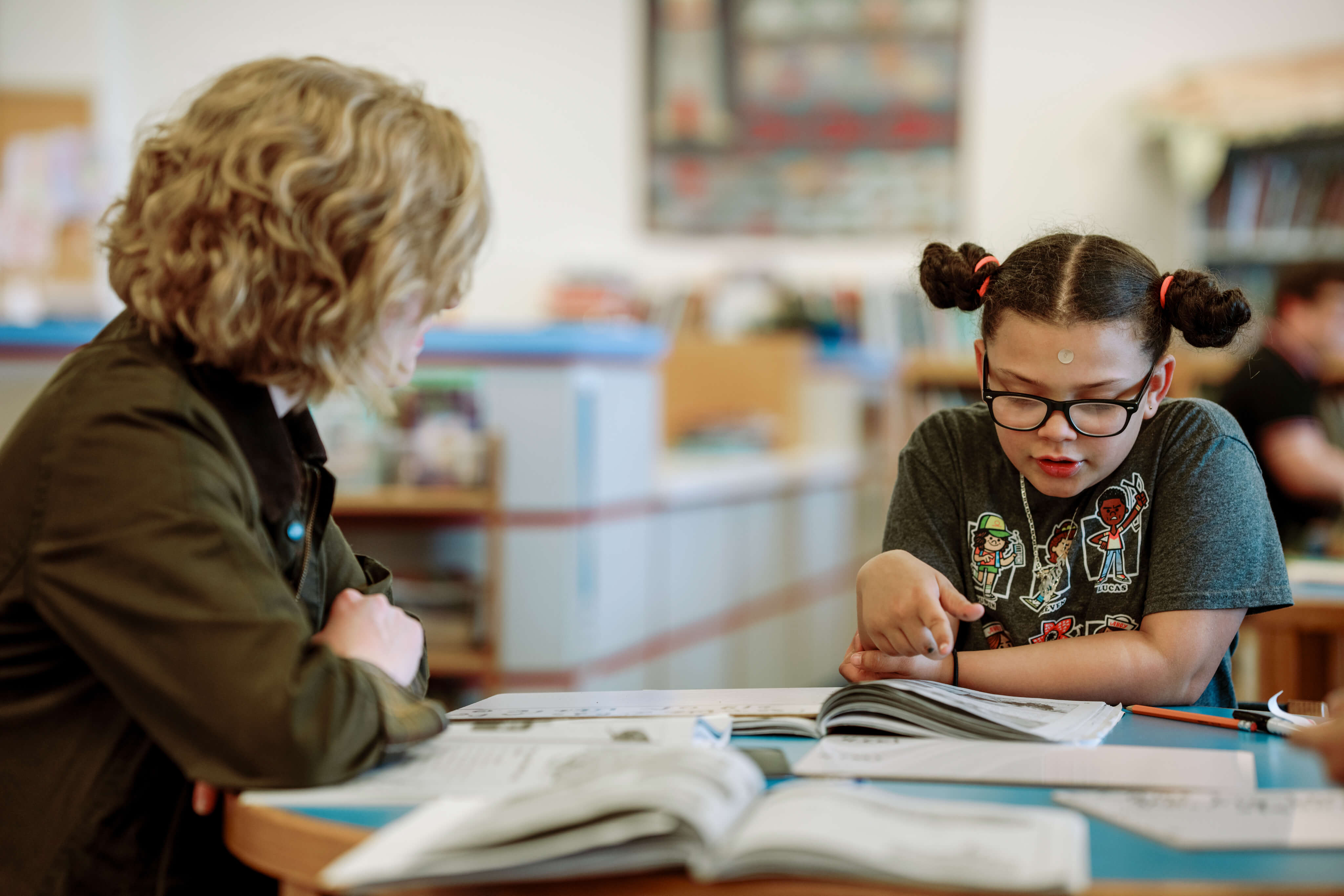
As we look back at the blogs posted by our EduExperts over the last eleven months, we notice several topics popular with our blogs readers throughout the 2015−16 school year. These topics range from the Every Student Succeeds Acts (ESSA) to differentiated instruction to special education and more. Following is a list of our 10 most read blogs of this past year. We hope that some or all of these blogs offer both introspection and inspiration as you reflect on this past year and look ahead to the 2016−17 school year. Have a great summer!
1. A Quick-Start Guide to the Every Student Succeeds Act (ESSA) by Dr. Sean McGrew
Feeling like you should read ESSA for yourself over the holidays? Salutations, fellow nerd! Here are some tips to get you started: On December 10, President Obama signed the Every Student Succeeds Act (ESSA), superseding NCLB as the most recent reauthorization of the Elementary and Secondary Education Act (ESEA). By last week, I had seen so many conflicting accounts of what’s actually in there, I decided I had better read the whole thing myself. This is one of those career déjà vu moments only available to folks with a few gray hairs; it seems like just yesterday when we sat down to do the same with NCLB in early 2002. Click here to continue reading.
2. Motivating Teachers by Heather Bickley
I am a teacher. That means that although my summer vacation has come to a screaming halt, my school bag is filled with shiny new brightly colored pens and notebooks and planners with spines that crack and pages that smell brand new! Back-to-school time is exciting because it’s a chance to start over with new ideas and skills. Many teachers around the country are preparing for the year ahead by participating in professional development and learning how to engage and motivate their students. As I start my twenty something-ish year of being an educator, I thought it was time to consider what motivates me. Why do I show up to school every day? Click here to continue reading.
3. Engaging Special Needs Students Through Experienced-Based Learning by Brandi Eagling
Students with special needs have unique strengths, motivators, preferences, and interests in a learning environment. By identifying and addressing these elements, educators can encourage a higher level of engagement. In experience-based learning, facilitators take a step-back approach—allowing for natural discovery of consequences and problem-solving-based learning The result of this hands-on learning environment is an increase in motivation, self-esteem, and self-advocacy in students with autism, visual and auditory impairments, learning deficiencies, ADHD, and ADD. Click here to continue reading.
4. Swinging for Greatness: How Motivation and Mindset Impact Student Achievement by Jessica Bianculli
You’ve probably heard a lot of talk recently about Growth Mindset. Based on the work of Carol Dweck of Stanford University, this theory argues that people with a growth mindset believe that their talents and abilities can be improved upon with hard work and practice. These types of learners expect the process to be challenging—and even expect to fail every so often. Failures are seen as opportunities to grow, rather than end points in a learning journey. Click here to continue reading.
5. Back to the Future of Special Education by Dr. Ellen Gaske
As a forty-year veteran of special education, I often think back to two individuals who had a profound influence on the manner in which I view special education. Over the course of time in which I was engaged in my Masters- and Doctoral-level courses, I was blessed to have the guidance of two spectacular professors at The Johns Hopkins University. As is so often the case of those we recall most fondly, they were both “characters” with a keen wit and always-entertaining style of teaching. Given the small numbers of students in the program, we became a family of sorts. It was also very evident that this was not just a career choice for them, it was truly a passion. Click here to continue reading.
6. Five Ways to Motivate the Reluctant Learner by Kristy DeCarlo
Educators can readily identify the student who seems to lack motivation. While he or she is generally not a behavior problem in the classroom, the unmotivated student can cause a teacher many sleepless nights. There are a variety of labels used to describe a student who just doesn’t seem to find any purpose in school—the reluctant learner, the shut-down learner, the academically discouraged student. The unmotivated learner comes in a variety of shapes and sizes, from sullen and miserable to socially pleasant. But there is one shared—and very telling—characteristic: a frustration with school. Click here to continue reading
7. Taming the Chaos Within: How Schools Can Use a Differentiated Instruction Approach to Behavior Challenges by Dr. Andrew Ordover
Early in my teaching career, my headmaster called a faculty meeting and had us watch a documentary about learning disabilities. Most of the students in our small school struggled with a disability of some kind, from mild dyslexia to almost total aphasia. Some of their parents were caring and concerned; many were frustrated and exhausted. The video, called “How Difficult Can This Be?” showed us a workshop during which a facilitator conducted a variety of activities to make participants feel as though they had all sorts of learning challenges. He gave them mangled text to read or fuzzy pictures to look at and then barked at them to “look harder” at things they could not possibly see, no matter how “hard” they looked (whatever that meant). Click here to continue reading.
8. Mission-Driven Education: A View from Above the Current Landscape of Special Education by Michael Kaufman
With the alarming increase in the incidence rates of autism and other disabilities in school-aged children in the United States, along with evolving curricula that focus more and more on differentiated learning, parents are looking at private specialized schools as viable options to provide students with behavioral issues and learning challenges with the kind of individualized education and targeted, early interventions that are required to effect meaningful change in these students’ lives. Click here to continue reading.
9. Curricular Standards vs. Intensive Remediation: The “Balancing Act” in Special Education by Dr. Ellen Gaske
Regardless of where you reside in our country, today’s special education teachers are expected to incorporate standards-based instruction into the provision of specialized instruction. States require that all students have access to general education curriculum, including the Common Core State Standards, Smarter Balanced Standards, and/or state-specific curriculum. At the same time, special educators are charged with the delivery of specialized instruction as documented on Individual Education Plans. Click here to continue reading.
10. Academic Intervention: What Does It Really Mean? by Dr. Andrew Ordover
Outside the classroom, the word “intervention” has pretty clear associations. Think of the literal meaning of the word—a coming between—and how it manifests itself in our culture. We all know of instances where people have had to place themselves in someone else’s pathway and make them travel in a different direction, usually because their current pathway is leading to danger or illness (we’re here because we love you, and we need to talk). Sometimes it’s simply behavioral; sometimes it’s medical, requiring the identification of a problem and the prescription of a treatment (you have an addiction; we’re sending you to 28 days of rehab). Click here to continue reading.



